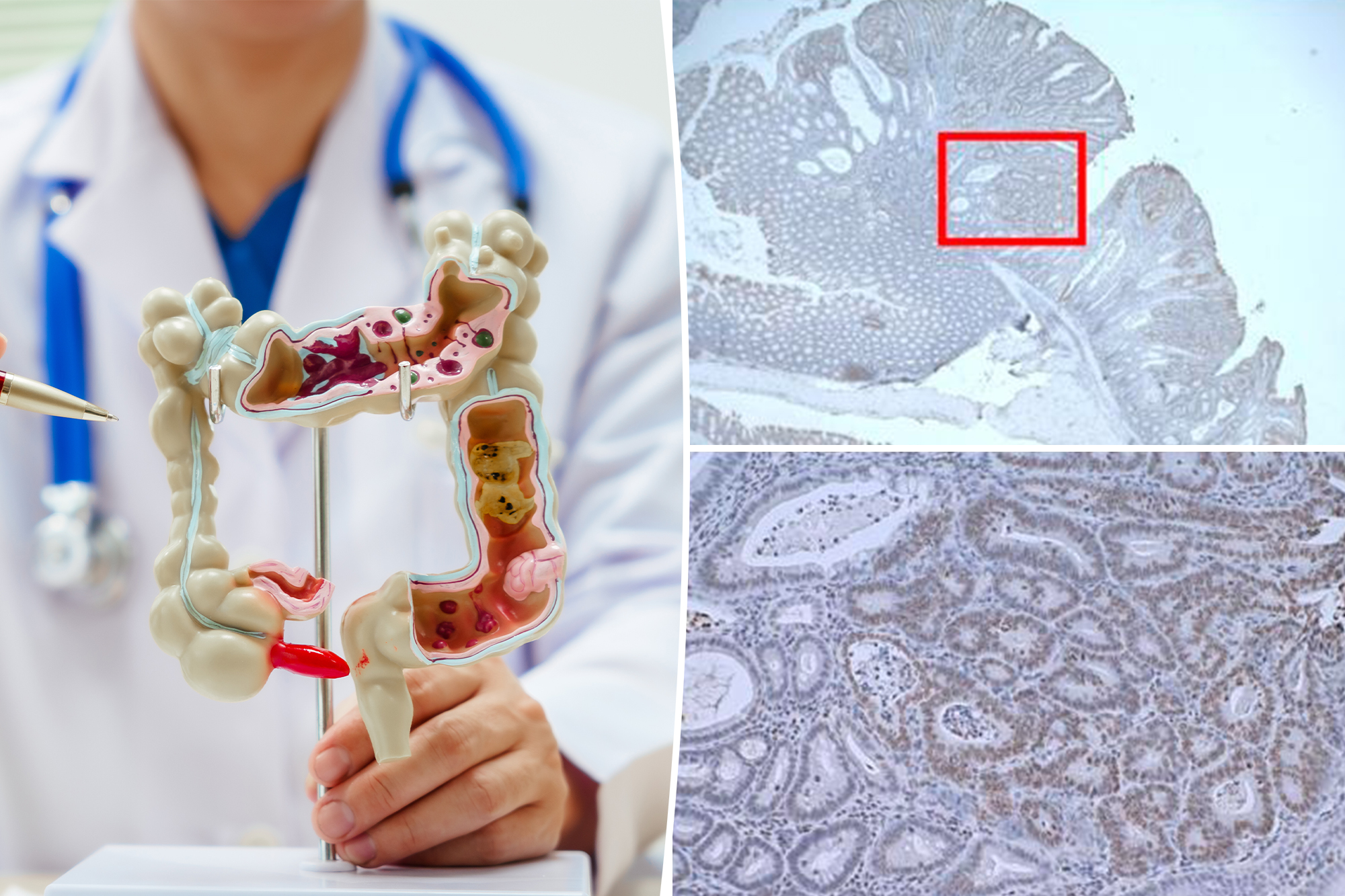
Gene-Ius!
The colon cancer has been growing for Americans under 50 for the last three decades, but it is not exactly why. Researchers suspect that weak diet, overweight, sedentary lifestyle, environmental exposure and genetics can be factors.
Now, scientists from Johns Hopkins University confirm that a special gene can promote colon cancer, especially among young people – and they are looking for ways to turn it off.
HMGA1 acts as a molecular “key” that “opens” DNA regions to activate genes essential for the proper functioning of colon stem stem cells. These stem cells are essential for continuous repair and replacement of the colon lining that naturally tires of digestion.
Epigenetics regulators like HMGA1 are known to respond to stressors such as genetic mutations, infection and inflammation caused by a weak diet – overactivating HMGA1 can lead to tumors.
“By opening regions of the genome, HMGA1 allows other proteins to jump into DNA and activate the expression of the source cell gene in an uncontrolled way,” explained Dr. Linda Resar, Professor of Medicine, Pathology and Oncology at the Johns Hopkins Kimmel Cancer Center.
HMGA1 directly activates ASCL2, a gene associated with early early starting colon cancer.
Also, high HMGA1 levels can help tumor cells avoid detection from immune cells, making cancer more difficult.
The Resar team wanted to see what would happen if they blocked HMGA1 activity in mice with mutations in the adenomatous gene of Coli (APC). A mutation in this gene greatly increases the risk of colorectal cancer.
A group of mice had a copy of the APC mutant gene and a bowel filled with inflammatory bacteria, an environment known to promote cancer growth.
The other set of mice had two copies of the mutant gene.
Filting the genes of stem cells in animals with APC mutant causes mutant cells to multiply and produce tumors.
But when the study authors inactivated a copy of the HMGA1 mouse gene, there were fewer tumors and rats survived longer. Mice with only one copy of HMGA1 can have normal life expectancy.
“We were encouraged by this result because it suggests that if we could block the HMGA1 function with only 50%, we could significantly affect the development of the tumor without harmful health effects on mice,” Resar said.
The findings were published this month in the clinical investigation newspaper – and the work continues.
“Now that we know that HMGA1 is running the development of the colon tumor, the million dollar question is how can we block it in therapy?” Resar was music. “We are very interested in developing therapy to block HMGA1 and stimulate an attack of the immune system on tumors.”
Resar is also exploring the role of HMGA1 in blood and pancreatic cancers as they have also set HMGA1 levels.
“Our findings are likely to be important not only for colon tumors, but a wide spectrum of human cancers,” she said.
#Scientists #find #key #increase #increasing #levels #colon #cancer
Image Source : nypost.com